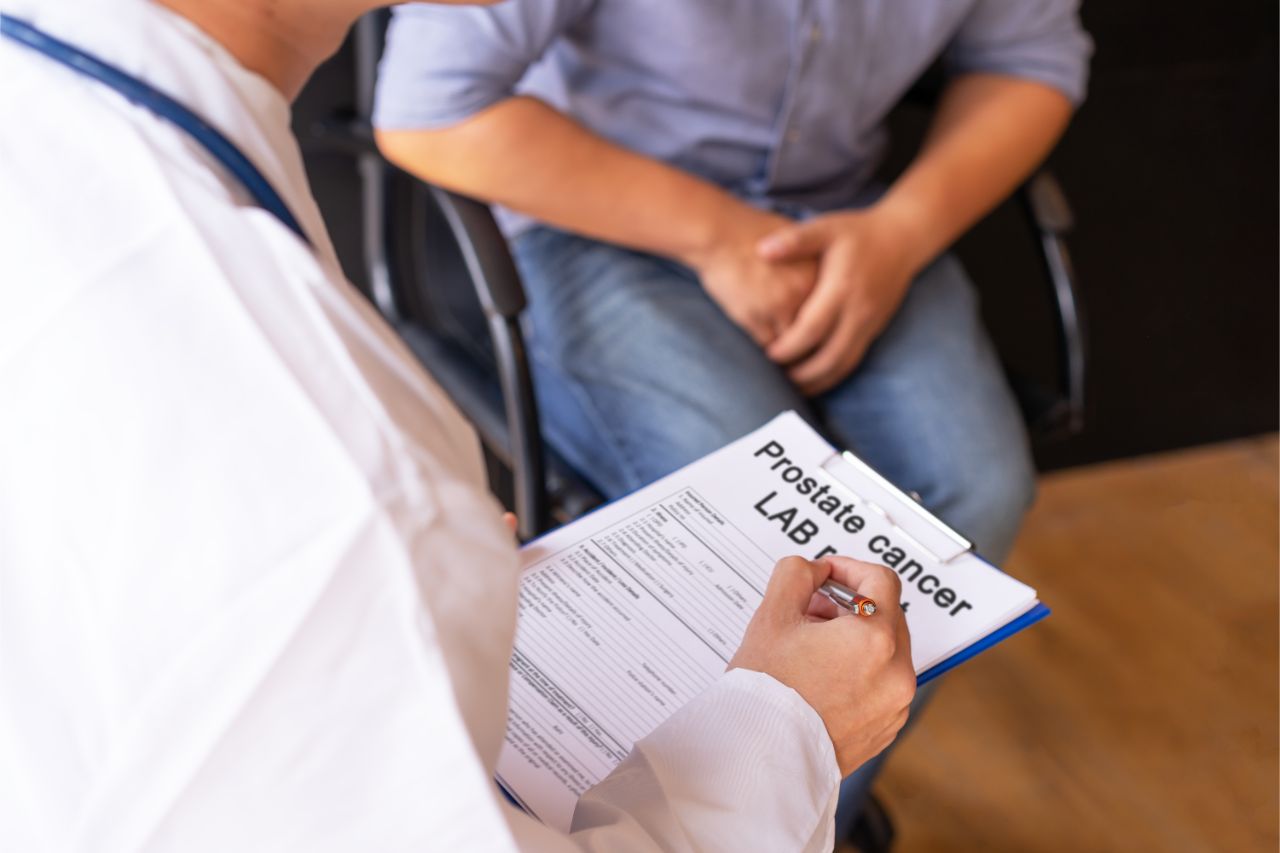Why should you consider getting prostate screening?
- It helps with early prostate cancer detection and treatment
- Some are at an increased risk for prostate cancer
- There are two main types of tests
- It provides a sense of reassurance
It is highly recommended for adults to get a prostate screening. Prostate cancer is both treatable and curable. Yet according to health experts, it claims the lives of about 30,000 men every year. What makes this medical condition alarming is it is fatal and does not show symptoms in its early stages. By simply consulting with Las Pinas doctors, patients will find a good chance of surviving prostate cancer through early detection and treatment.
What kind of test is it? Do I really need it? If these are questions that cross your mind, here is a guide on why you should consider getting a prostate screening.
What Is Prostate Cancer?
The prostate is a gland in the male reproductive system that produces fluid that makes up a part of semen. It also surrounds the urethra. Prostate cancer is marked by malignant growth of cells in the prostate. It is the second leading cause of cancer among adult males in the United States.
It Helps With Early Prostate Cancer Detection And Treatment

In its early stages, prostate cancer will typically show no symptoms. Once the symptoms begin to appear, the disease can vastly spread to nearby lymph nodes, other organs, or the bones. At this point, it may be too late for treatments to be effective.
Many prostate cancers grow slowly. However, there are some that are aggressive and spread rapidly. The goal of prostate screening is to find cancer cells before they spread. Only then can treatment methods be considered.
It is important to remember that cancer is easier to treat and is more likely to be cured if it is diagnosed in its early stages.
Some Are At An Increased Risk For Prostate Cancer
Knowing the risk factors for prostate cancer can help you determine why you should consider prostate cancer screening. This includes the following:
- Age – As you get older, the risk of prostate cancer increases. After age 55, your chance of developing prostate cancer increases.
- Family History – If you have a relative that was diagnosed with prostate cancer, your risk of the disease increases.
- Inherited Gene Mutations – Gene mutations linked to prostate cancer risk include BRCA1 and BRCA2.
- Diet – A diet that is high in red meat and animal fat may increase your risk of developing prostate cancer.
It is important that men know these risk factors and speak to their doctor to determine when they should get tested and have a prostate screening as part of their yearly checkup.
There Are Two Main Types of Tests

Prostate screening commonly uses two main tests which are the digital rectal exam (DRE) and prostate-specific antigen (PSA) test. These can indicate whether further steps are necessary such as a KUB/prostate ultrasound, urinalysis, creatinine, and biopsy.
Before undergoing either of these tests, patients need to discuss with doctors to understand the potential risks.
Your doctor will test your PSA levels to screen for prostate cancer. PSA is a protein that liquefies semen. Some of this antigen leak into the bloodstream shows up during testing. High levels of PSA can indicate prostate cancer.
On the other hand, the DRE is a physical examination for a person’s lower rectum, pelvis, and lower belly. The DRE is performed by assessing the rectum area for abnormalities, which can be slightly uncomfortable. Prostate nodules that are found can develop because of prostate cancer.
It Provides A Sense of Reassurance
Just like other cancers, not knowing whether you have prostate cancer can cause high levels of anxiety.
Going through prostate screening it can provide a sense of reassurance — either you don’t have prostate cancer or that you do, and can have it treated. The number of deaths from prostate cancer decreased significantly since PSA testing has been made available.
Key Takeaway
There are a handful of concerns when it comes to getting prostate screening. Needless to say, it is the key to early detection and treatment.
At Perpetual Help Medical Center-Las Pinas (PHMC), we offer the Basic Prostate Screening Package complete with Urinalysis, KUB/Prostate Ultrasound, Creatinine, Complete Blood Count, and Prostate Specific Antigen. Consult with your doctor to avail of this Basic Prostate Screening Package for as low as P4,700.
To schedule a consultation with us, call us at (+632) 8874-ALTA | (+632) 8874-8515 or pay us a visit at Alabang-Zapote Rd., Pamplona III Las Pinas City, Philippines 1740.

